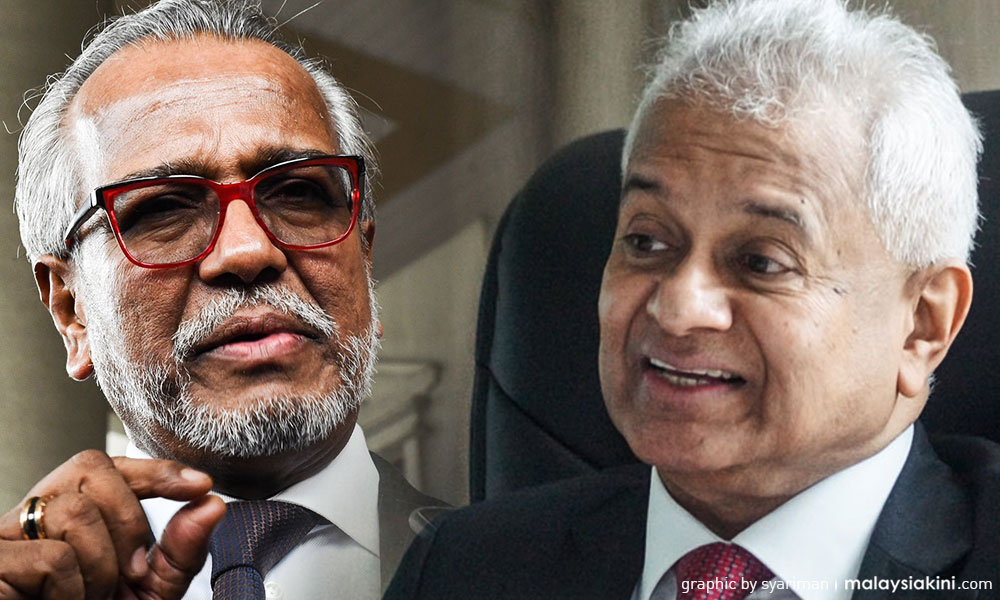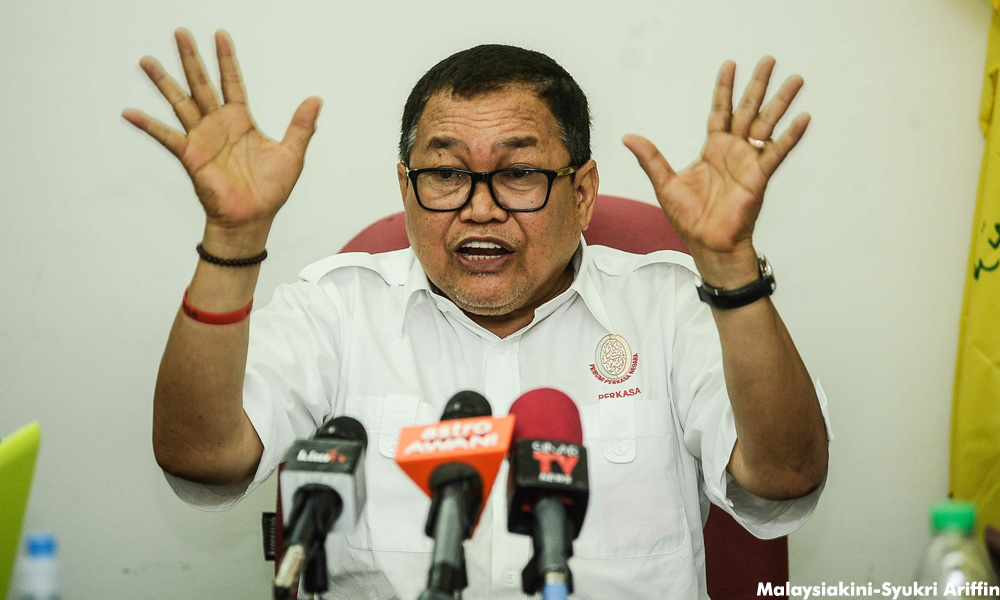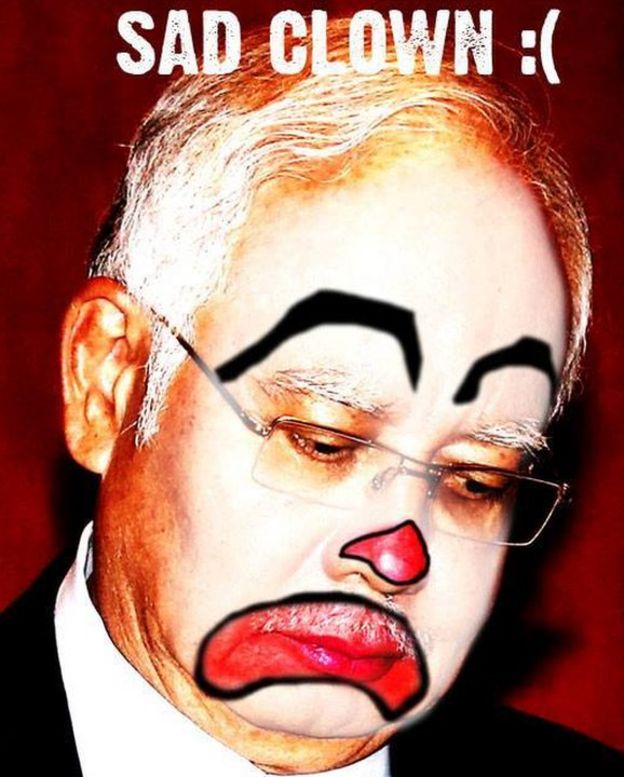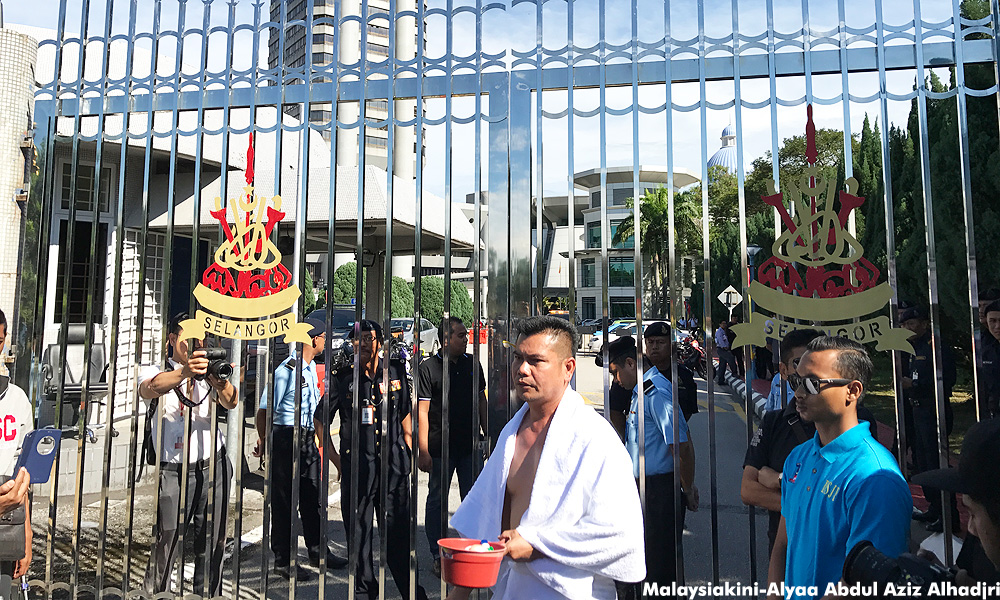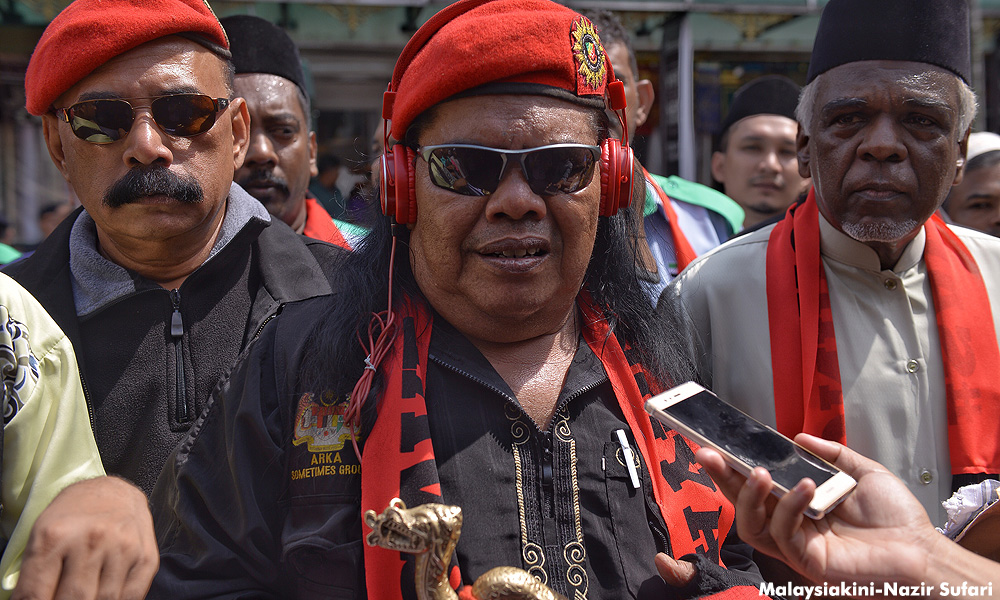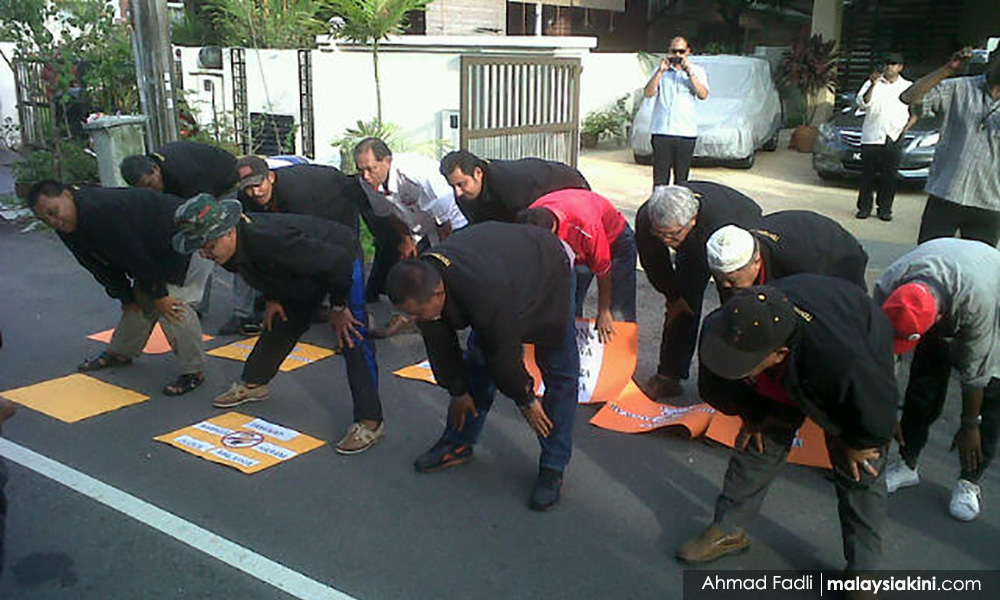Lost Malaysian Hopes and the Pakatan Catch 22
It took the Malaysian opposition more than a generation to topple the Barisan Nasional government, led by the now-discredited United Malays National Organization. Throughout mosques, coffee shops and markets in Malaysia, there has been an atmosphere of hope and anticipation by many for change that goes all the way back to when Mahathir Mohamed dismissed Anwar Ibrahim as deputy prime minister back in 1998 and jailed him in a trial regarded universally as trumped up.

From that day on Anwar Ibrahim became synonymous for reform in Malaysia. The charismatic opposition leader, from jail and out, managed to unite a wide diversity of NGOs and most of the opposition parties against the Barisan. But it took 20 years and reports by the Sarawak Report, the Wall Street Journal, Asia Sentinel and others to expose what is now known as the 1Malaysia Development Berhad scandal which tainted Prime Minister Najib Razak as a complete crook and his wife as a grasping harridan. Najib shut down critical parts of the local media and sacked the Attorney General before charges could be laid against him.
Mahathir, in quasi-private life through two administrations, once again mobilized forces to remove Najib, creating Parti Pribumi Bersatu Malaysia (PPBM) with the help of defectors from UMNO and joining the Pakatan Harapan coalition led from prison by his nemesis Anwar.
The 2018 election became a Mahathir-vs-Najib contest, where Najib was almost universally expected to hold onto power. There seemed to be an air of disillusionment with the electoral process and apathy during the campaign. However, voter turnout was more than 82 percent. The Pakatan Harapan coalition defeated Najib, who was prevented from fleeing the country in a private aircraft for Indonesia. The surprised public instantaneously became euphoric, celebrating in the streets. Many Malaysians believed they would now get the reform and change they had long hoped for.
The Pakatan Catch 22
However, the defeat of the Barisan exposed a very complex electorate. Different groups of voters made their decisions for different reasons. Non-Malays saw the removal of the Barisan as the end of a dark apartheid era in which every citizen would be regarded as equal, as was promised by sections of the Harapan manifesto. In contrast, many urban, professional and middle-class Malays hoped that Mahathir would clean up the mess the country was in. Voters in rural Malaysia, particularly in Kelantan and Terengganu, didn’t switch at all. They went to the rural Islamist Parti Islam se-Malaysia, or PAS. The small northern state of Perlis remained staunchly Barisan.
There is now a deep polarization in the Malaysian electorate between those who want a Malaysian Malaysia and those who want a Malay Malaysia. This is a massive dilemma for the reform government.
A major part of the electorate sees reform as a threat to special privileges that they have received since the advent of the New Economic Policy, an affirmative action policy for the Malay majority, in 1971. Three generations of education and political narrative have created this sense of privilege, which is deeply engrained in rural Malays. These sentiments are being played upon politically to the point where the government has had to stall decisions about child marriage and reverse its decision to ratify the International Convention on the Elimination of All Forms of Racial Discrimination (ICERD).
In addition, the Pakatan government is being subjected to pressure from sections of the Malaysian royalty, which led to the reversal in ratifying the Rome Statute, a prelude to joining the International Criminal Court, and the resignation of Johor Chief Minister Osman Sapian.
The government now faces a situation in which any future policy decisions and reforms must be framed from a Bumiputera perspective and agreed in royal circles. This is particularly the case as the government is extremely slow with any electoral reform, which would effectively weaken opposition to policy reform, through adopting the principle of “one vote, one value.” Without electoral reform, any policy reversals will favor the newly formed UNMO-PAS alliance with its narrative pandering to the rural Malay electorate.

The Pakatan government needs to very quickly undertake electoral reform to counter the strength of the conservative electorate. Currently, a rural vote can be worth anything up to four times an urban one. It is this imbalance that is providing UMNO-PAS with a powerful base from which to prevent the government from pushing through any reform agenda.
However, the latest news on electoral reform is that the Election Commission and UNDP will only make a joint study about the electoral system in the coming months, far too long for something that is threatening the very long-term livelihood of the government.
More of the same
With this inaction on electoral reform, it could be argued that the May 9 general election was not about vital reform needed in the country, but rather replacing one leadership group with another. In many respects, the Pakatan government is acting just like its predecessor. The reform report handed down by the Council of Eminent Persons (CEP) has been suppressed by the Official Secrets Act, indicating the new government doesn’t place a high priority on transparency.
The Sedition Act has not been repealed and is in fact being used to prosecute political opponents. The Anti-Corruption Agency (MACC) still cannot decide who to prosecute independently. Cabinet ministers have had corruption charges quickly dismissed against them. Political appointees are still being appointed to government-linked companies and statutory bodies.
Mahathir’s Parti Bersatu and Parti Keadilan Rakyat, the two Malay parties in the Pakatan Harapan coalition, both strongly resemble UMNO right down to the internal politics and squabbles. With defectors from UMNO freely running across to Parti Bersatu, the parties are looking more like a new UMNO.
In defense of the Pakatan Government, Mahathir has worked hard to form an operational government from a broad group of parties. However many within the cabinet are very inexperienced, and there is a strong sense of inertia and apathy coming from the largely ethnic Malay civil service, with stories of sabotage against the new government.
Even with Mahathir back in power, changing institutions that have been inefficiently built and harboring wasteful cronies of the previous government is very difficult. However, what is sad to see is that many of these cronies are still being reappointed to positions of power.
The old guard still is very clearly in charge of the new government, which has a “back to the future” quality about it. Old rivalries continue. The Anwar-Mahathir power struggle continues from the 1990s. Gamesmanship seems to be a trademark of the new government. There are many disappointed with not being given plumb jobs and important positions within the new administration.
Consequently, the Pakatan ministry is more of a transition than reform one. The country must mark time until Anwar takes over from Mahathir to become prime minister. The country is waiting for someone who currently has no position in government. The country is waiting for someone they don’t really know very well.
Anwar Ibrahim was the education minister who introduced Malay medium at schools, which many claimed was a major setback to the country’s education system. Anwar advocated IMF intervention in the 1997 Asian financial crisis. Anwar is well known for saying different things to different audiences.
From Anwar’s actions and stands taken over the years, he seems to be more a pragmatist rather than a visionary leader. Most of the policies he has advocated are populist, even though they may not be in Malaysia’s best interests such as the abolition of the goods and services tax that Najib put in place, denying the government a critical source of revenue, and maintenance of fuel subsidies. Anwar’s politics have been high in gamesmanship at a time the country really needs to get down and focus on the social, economic, financial, and institutional problems facing it.
As a sideshow, Najib, still active despite charges against him for looting 1MDB, is looking for a political solution to his problems rather than a legal one. Current electoral demographics favor him. The UMNO-Pas alliance will enable Najib to skillfully exploit the insular side of the electorate. The Pakatan government’s mistakes have shown up electorally in the last two by-election results.
Najib also knows, if he can say out of jail, that he will not be facing Mahathir in the next election. Most probably he will be facing Anwar, who has made many strategic blunders over the years in election campaigns.
Malaysians are very quickly losing hope in their new government, especially with the Malay-Malaysian narratives that are creeping into the arena. With the Pakatan government waiting for its new leader and its current leader going back to his old policies of the 1980s and 90s with flying cars, the Singapore aggravation, looking East, privatization and a secretive executive government, real economic and market reforms are not on the agenda, even though some of these reforms are very doable.
Institutionalized discrimination appears to be strengthening rather than being eliminated. The new narratives Pakatan members talked about during the election have all disappeared. The national mindset is going back to an insular view of the world.
Murray Hunter (murrayhunter58@gmail.com) is a development specialist and longtime contributor to Asia Sentinel
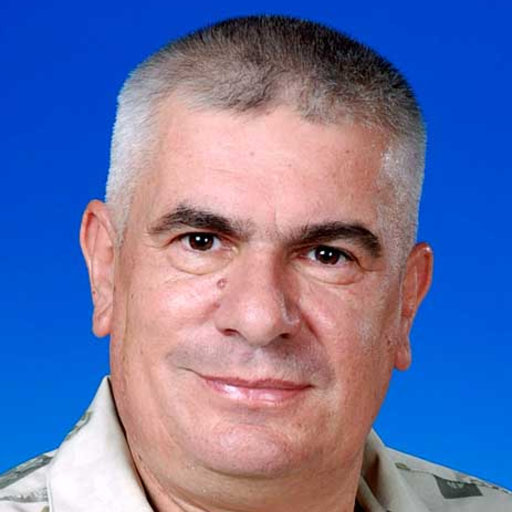


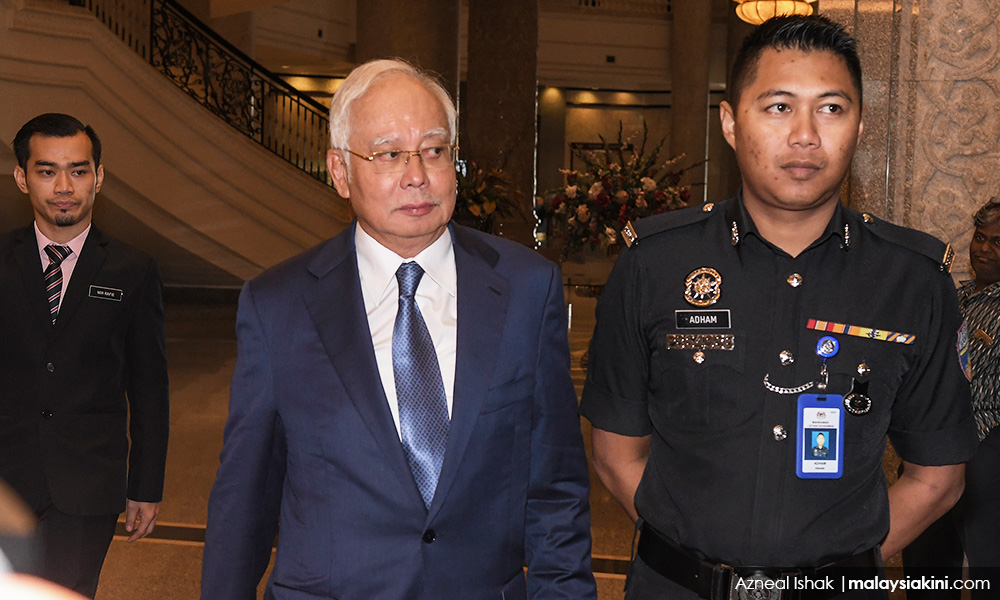
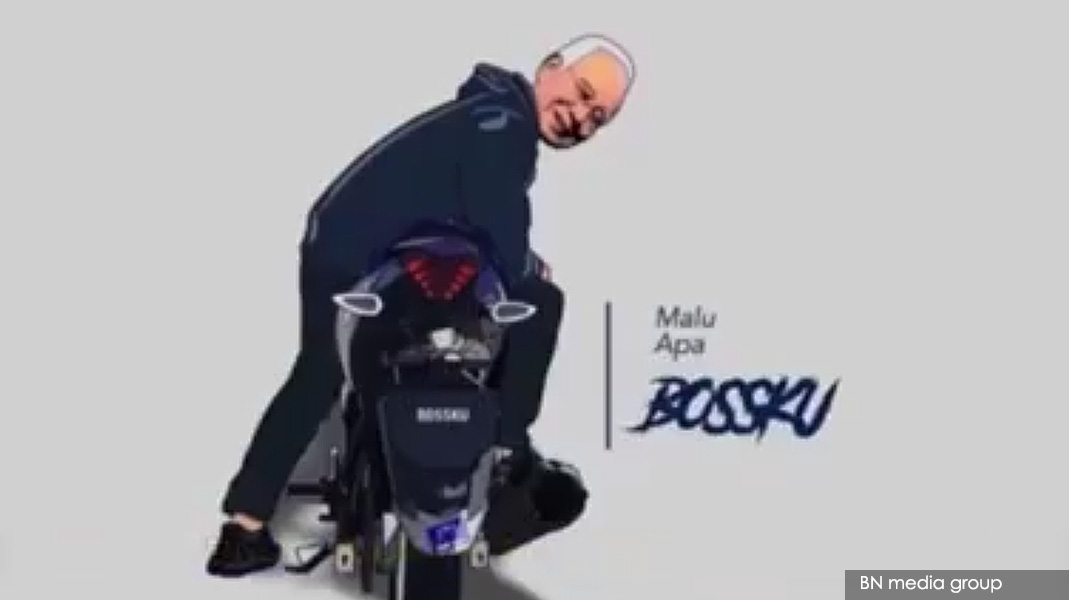
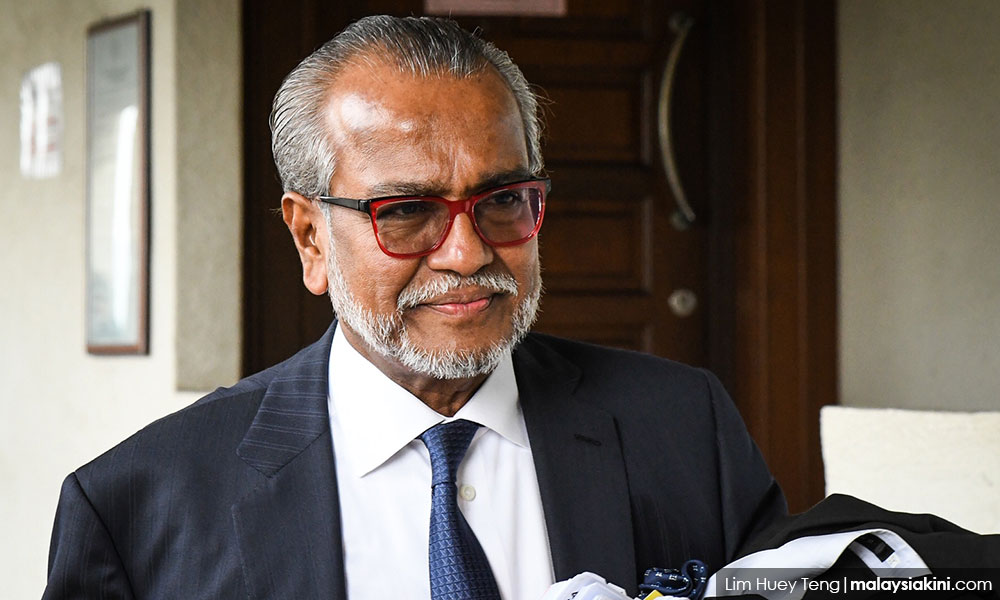

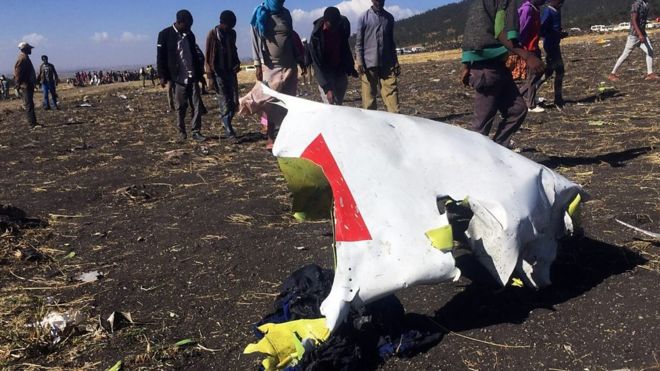
 We each go through our daily grinds, really condoning the little bribery to enforcements, the pandering to houses of power, turning the blind eye when signing off JUST THAT one time in our board or cabinet meetings, not knowing those things have consequences. That we are even unable to discern what we do has consequences, which may or may not directly affect us, is a reflection of the state of our souls, the state of our hearts, the state of the society that enables this. That we think it is fine to seek loopholes not to pay the fine or the tax, or stay silent when wrong happens before us is not a reflection of what is outside, rather it is of what is inside us.
We each go through our daily grinds, really condoning the little bribery to enforcements, the pandering to houses of power, turning the blind eye when signing off JUST THAT one time in our board or cabinet meetings, not knowing those things have consequences. That we are even unable to discern what we do has consequences, which may or may not directly affect us, is a reflection of the state of our souls, the state of our hearts, the state of the society that enables this. That we think it is fine to seek loopholes not to pay the fine or the tax, or stay silent when wrong happens before us is not a reflection of what is outside, rather it is of what is inside us.